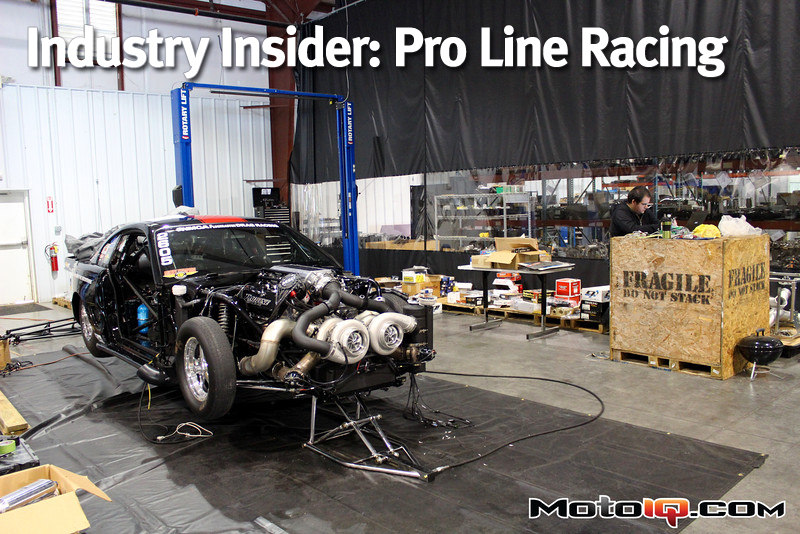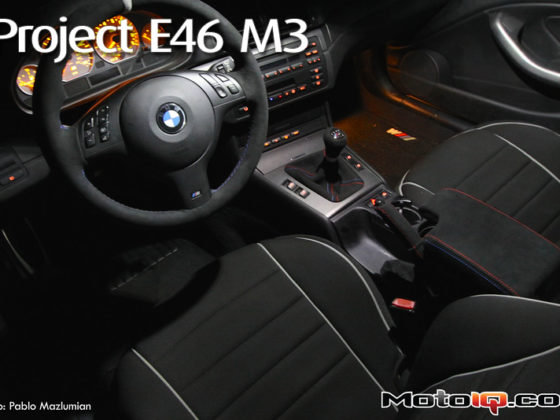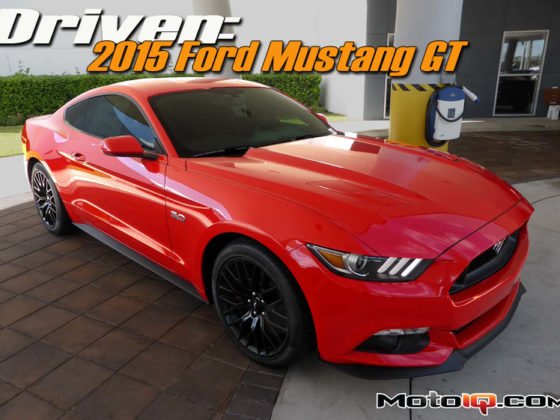,
 Anyone can throw around big numbers, but how many can back them up? PLR doesn't just have the records and the Wallys, but they have the facilities to test and verify, too. How do you do that? With your own in-house engine dyno, of course. The trophies provide a little extra inspiration to make sure everything’s as perfect as possible.
Anyone can throw around big numbers, but how many can back them up? PLR doesn't just have the records and the Wallys, but they have the facilities to test and verify, too. How do you do that? With your own in-house engine dyno, of course. The trophies provide a little extra inspiration to make sure everything’s as perfect as possible. Too bad – no engine on the dyno today. Despite having 4,000+ HP engines inside what amounts to a fancy closet, PLR assures me that “it is one of the quietest engine dynos you will ever hear”. Super thick walls and the fact that almost all of PLR's engines are turbocharged means testing the latest creations is a rather pleasant experience. The latest test was of a 3,200HP 481X motor. No one I spoke to seemed to be deaf, so I guess the closet works!
Too bad – no engine on the dyno today. Despite having 4,000+ HP engines inside what amounts to a fancy closet, PLR assures me that “it is one of the quietest engine dynos you will ever hear”. Super thick walls and the fact that almost all of PLR's engines are turbocharged means testing the latest creations is a rather pleasant experience. The latest test was of a 3,200HP 481X motor. No one I spoke to seemed to be deaf, so I guess the closet works! A test mule sits outside of the engine dyno. PLR wants to make sure that things work and work well. They also want to test their new creations and combinations. Whether it is the latest and greatest components from one of their many suppliers, a new engine management scheme, or different machining, the in-house dyno gives PLR the ability to run things through the ringer before sending them out the door. After all, “anything worth doing is worth doing right.”
A test mule sits outside of the engine dyno. PLR wants to make sure that things work and work well. They also want to test their new creations and combinations. Whether it is the latest and greatest components from one of their many suppliers, a new engine management scheme, or different machining, the in-house dyno gives PLR the ability to run things through the ringer before sending them out the door. After all, “anything worth doing is worth doing right.” In one of the rooms, a lineup of motors in various states of assembly sit on stands. In the front? The venerable and best-selling PLR 481X, a 526 ci (that's 8.65 L for you metric-heads) 4,000+ HP-capable record-setting big-block. To give you some perspective, each individual cylinder on one of the other engines, a PLR 670 (10.97 L), is almost as big as an entire 4A-GE motor! By the way, a PLR 481X can be yours for the low-low bargain price of $65,900. Just add a transmission, turbos, fuel system/engine management, and more… But don't worry, Pro Line can sell you everything you need to shatter records in just about any drag racing class!
In one of the rooms, a lineup of motors in various states of assembly sit on stands. In the front? The venerable and best-selling PLR 481X, a 526 ci (that's 8.65 L for you metric-heads) 4,000+ HP-capable record-setting big-block. To give you some perspective, each individual cylinder on one of the other engines, a PLR 670 (10.97 L), is almost as big as an entire 4A-GE motor! By the way, a PLR 481X can be yours for the low-low bargain price of $65,900. Just add a transmission, turbos, fuel system/engine management, and more… But don't worry, Pro Line can sell you everything you need to shatter records in just about any drag racing class! Pro Line Racing uses only the highest-end components, and the Alan Johnson Performance Engineering block and heads are no exception. Take a look at the machining detail in the area underneath the intake manifold. Any piece of material that isn't required is carefully CNC-eliminated. Pro Line likes to use AJPE components because they are readily available and are of the utmost quality, and it shows. In many cases, Pro Line's customers are running methanol, so the custom AJPE heads don't need to be “dry decked” – they don't even have water passages to begin with, as methanol-fueled engines typically don't run any coolant.
Pro Line Racing uses only the highest-end components, and the Alan Johnson Performance Engineering block and heads are no exception. Take a look at the machining detail in the area underneath the intake manifold. Any piece of material that isn't required is carefully CNC-eliminated. Pro Line likes to use AJPE components because they are readily available and are of the utmost quality, and it shows. In many cases, Pro Line's customers are running methanol, so the custom AJPE heads don't need to be “dry decked” – they don't even have water passages to begin with, as methanol-fueled engines typically don't run any coolant.


